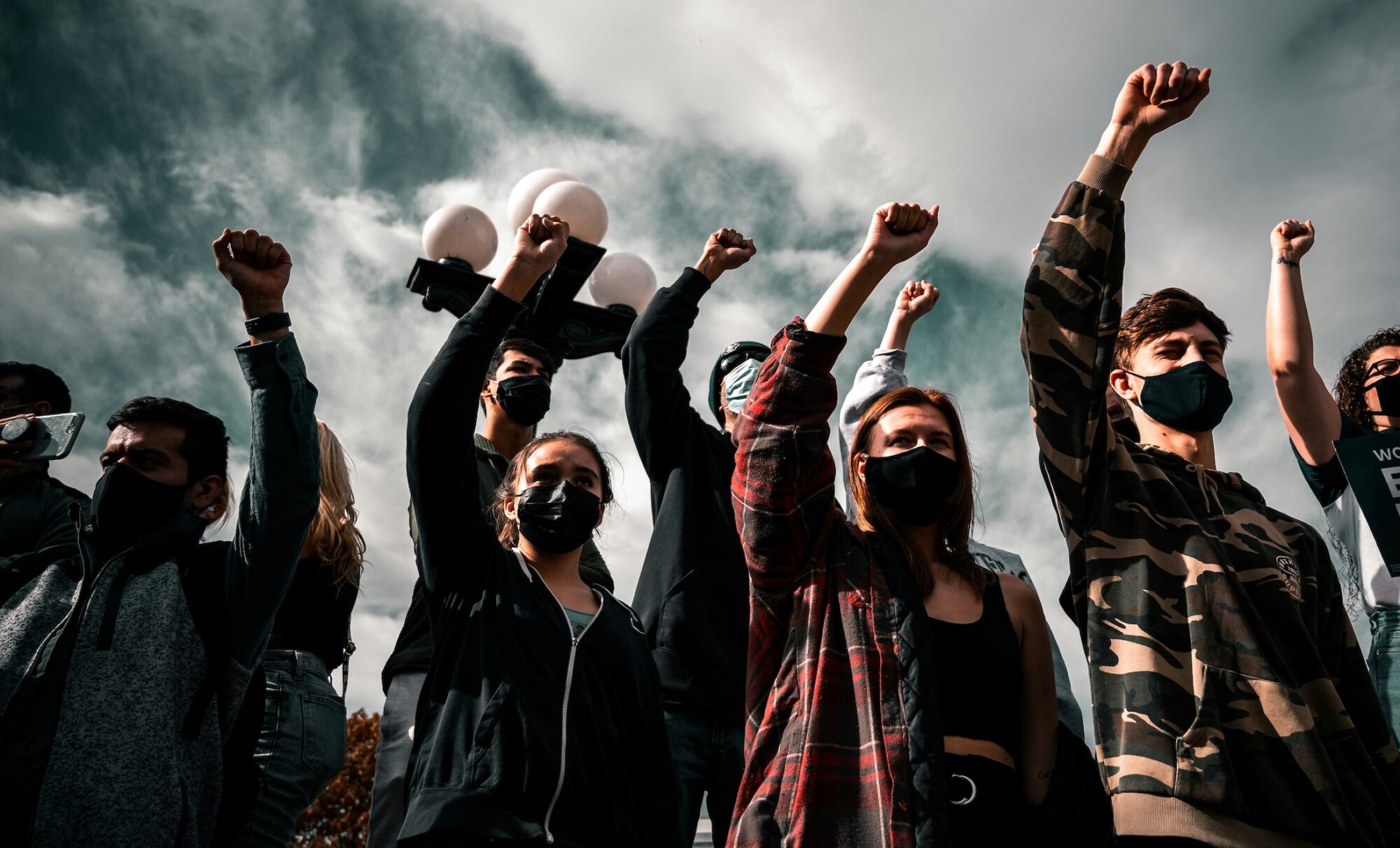Perhaps by now you’ve read the story of the unconscious young woman who was raped by the college freshman. If you have not yet heard of it, let me start by saying it was awful. Awful… heartbreaking… heinous… disgusting. Pick whatever disturbing word you wish. It’s that bad.
20 year old Brock Turner went to Stanford on a swimming scholarship. Unrelated to this story, Turner was a three time All-American in high school. In January of 2015, he sexually assaulted an unconscious 23 year old. They were at a fraternity party. She was out of college and had a boyfriend, who was not in attendance; she had no intention of engaging physically with any other. Turner drank a lot; the young woman drank a lot — more liquor than her out-of-college body now tolerated, she stated. She did call her boyfriend during the evening, leaving an incomprehensible, slurred message. What ensued later that evening she does not remember in any capacity. It was relayed by a pair of graduate students who walked by, witnessed, and (thank God) stopped the horrific incident.
The woman was unconscious. She was totally out of it. She had been dragged behind a dumpster adjacent to the frat house, half of her clothes ripped off, with pine needles, etc. in multiple areas on and in her body. The witnesses shockingly saw Turner sexually violating a completely immobile, unresponsive, and clearly non-consenting woman.
12 jurors found Turner guilty on three felony counts, which are as follows (again, this is awful): (1) assault with intent to commit rape of an intoxicated or unconscious person, (2) sexual penetration of an intoxicated person, and (3) sexual penetration of an unconscious person. Note that “sexual penetration” is distinct from “rape,” as it involves any object or body part other than a sexual organ. Note, also, that Turner made no apology nor offered any admission of wrongdoing.
At sentencing last week, Turner faced 14 years in prison. Prosecutors had asked for 6. Guilty of three violent felonies, astonishingly, the judge gave him 6 months… (You read that correctly…) 6 months.
Please don’t mistake this as any race/privilege issue; no evidence suggests such. Allow me to instead return to the reference earlier identified as “unrelated” to this story. Truthfully, a more accurate phrasing is “should be unrelated”…
Brock Turner was a varsity swimmer — a reported Olympic hopeful. After Turner left the university and lost his scholarship, his father, Dan, who pleaded for leniency, responded: “His [Brock’s] life will never be the one that he dreamed about and worked so hard to achieve. That is a steep price to pay for 20 minutes of action out of his 20 plus years of life.”
“20 minutes of action”… “a steep price to pay.” I agree… but a steep price to pay does not mean the wrong price to pay. There are serious consequences for serious sins.
The judge actually said a harsher sentence would “have a severe impact on him”… Him.
Let’s be clear: there was only one victim in this instance, and it was not Brock Turner. Yes, I believe in forgiveness. Yes, I believe in mercy and grace. I also believe in justice. This sentence does not in any way appear just. This shockingly light sentence, in fact — which only paves the perception that losing his scholarship and Olympic dream was somehow enough — indicates that the judge valued the impact of the rapist’s consequences more than the impact of the violation of the victim. It furthers the fictional, societal notion held by far too many that rape isn’t as violent or criminal as we think. These kind of judgments — sentencing profound minimums, forgiving an offense because it’s one’s first, and reducing rape to the absurd description of any “minutes of action” — disturbingly fuel the normalization of rape — again, in too many people’s minds. That’s awful.
Let me sensitively add that I am also hesitant to join some of the succeeding public protests demanding re-sentencing. I have no desire for the loudness of the people to dictate appropriate consequence (see Salem, 1878). I do, however, believe in justice, restitution, repentance, and forgiveness. I just don’t believe we’ve witnessed any of it here.
What we have witnessed, no less, is an amazingly articulate victim, who read her poignant, 12 page account in court and shared it publicly. She is both bold and sincere — and honest about her own strengths, weaknesses, fears and failures. As one empathetic friend said, “Her words speak powerfully of the brutality of rape, the imperfection of our justice system, and the strength of the human soul.”
Indeed they do… all in the face of something awful and unjust.
Respectfully…
AR










